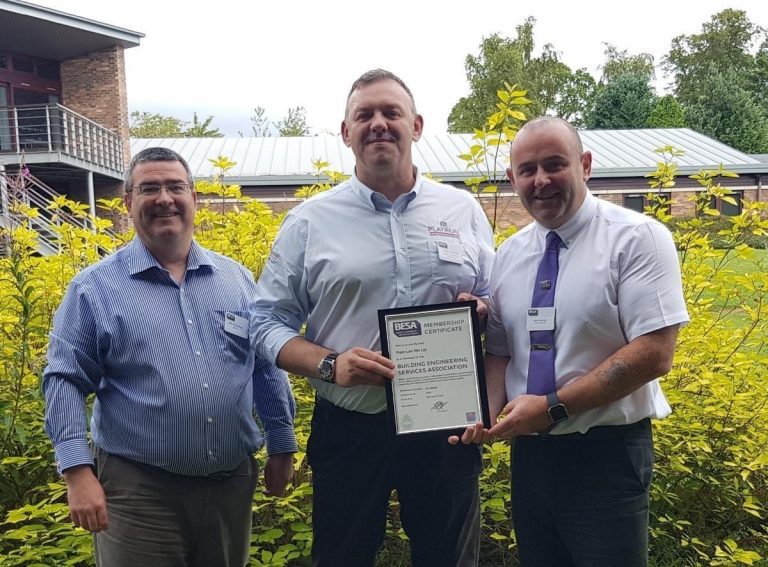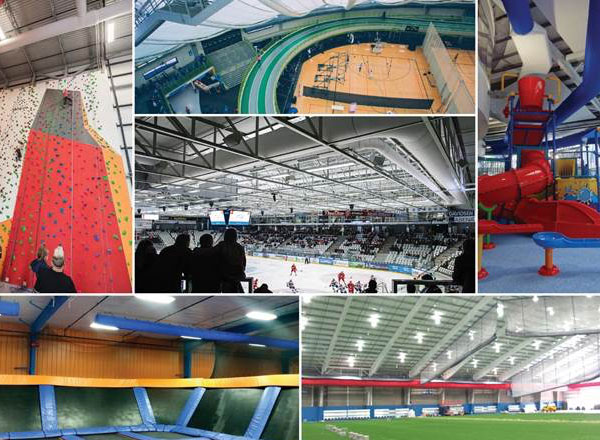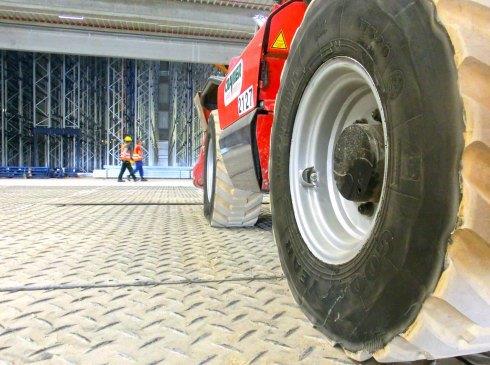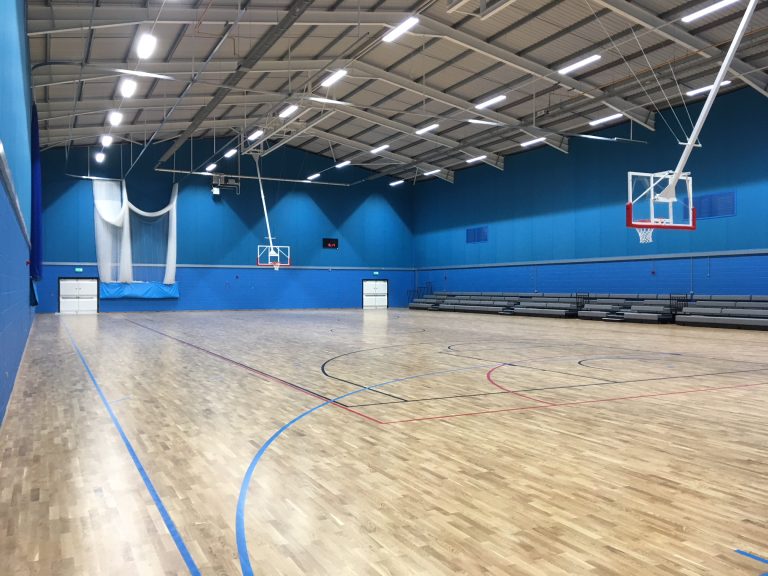Over the last five years, we have seen interesting changes to the hospitality industry. As development consultants, we help organisations deliver built projects across a range of sectors. The leisure industry is one of the key areas in which our business operates, and it is really growing for us. The ‘Air BnB’ effect, as it has been coined, has changed the way people look at hotels. There is much more choice available now, and consumer trends suggest that travellers are booking places which offer more homely and comfortable features in increasing numbers. This is true for business travellers as well, who might be staying away for work, and like the idea of having more than just a room to reside in. Apart-hotels and the serviced apartment sector is expanding, with companies like Staybridge Suite hotels pursuing major growth plans in this area. The company reports that globally, there are 250 Staybridge Suite hotels open, with a further 151 hotels opening in the next three to five years. What is the appeal? More space seems to be key. Travellers benefit from relaxed suites, with fully-equipped kitchens, separate working areas, entertainment and free Wi-Fi. They get the comfort of home, with the benefit of hotel-standard services. Communal areas follow suit, providing further usable cooking, dining and eating spaces, which during the evenings become the setting for hotel organised-socials. For developers, dual-brand hotels – which see hotel companies combining their offerings, so that apartment-style hotels are partnered with more conventional hotels, allowing an element of shared services – are an appealing prospect. Companies are able to share the cost of construction as well as operational expenses, resulting in development savings as well as increasing the likelihood of achieving economic feasibility on a project. The future… The dual-brand offering, which in itself is not a new idea, looks set to increase in popularity. This is arguably the hotel industry’s response to the ‘Air BnB effect’ and to a rise in demand for serviced apartments. Dual-brand hotels will be new to many cities in the UK, although the trend is growing here, following huge success throughout Europe and America. Manchester has recently started construction of its first Crowne Plaza/Staybridge Suite, which is planned to open later in 2018. The Global Serviced Apartments Industry Report 2016/2017 comments that “the future is no longer just a serviced apartment sector or a hotel sector. It is no longer binary. Hotels are introducing apartment-like hotel rooms with apartment style facilities and amenities.” Our experience… Within the leisure sector, we have significant experience in delivering hotels, including multiple projects under the Ibis brand across Wales and the South West and a £16.5 million hotel development in Liverpool that was ultimately operated under the Novotel brand. We are working on a 17 bed extension on the Holiday Inn Express in Colliers Wood, and a refurbishment of the Holiday Inn Express in Cardiff, which we’re doing the contract administration and cost management for. We are also excited to be part of the development of South Wales’ first co-branded hotel, which combines an apart-hotel with a traditional hotel. It’s an interesting time for the leisure industry, and it’s fantastic to be part of a positive movement which responds to consumer demand and provides an elegant solution, which benefits both the developer and the end user.













